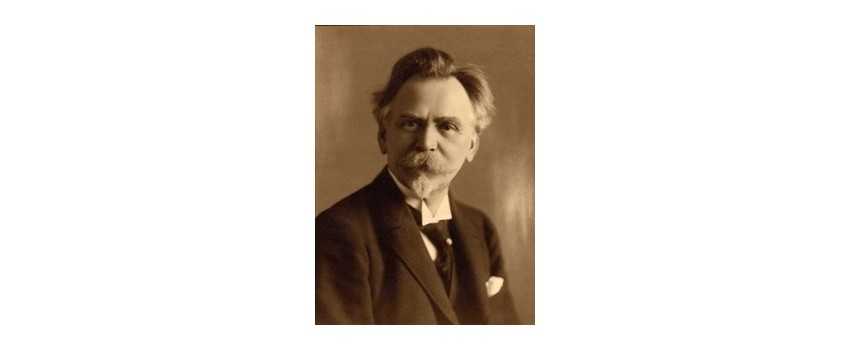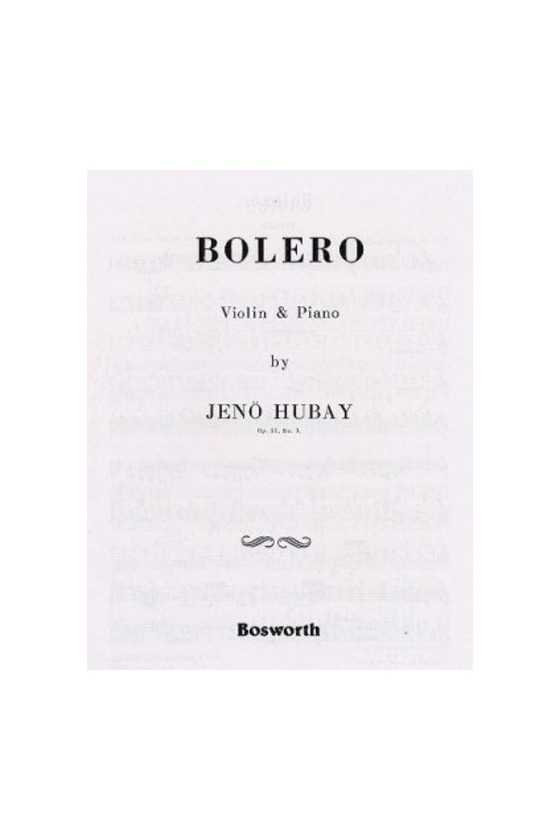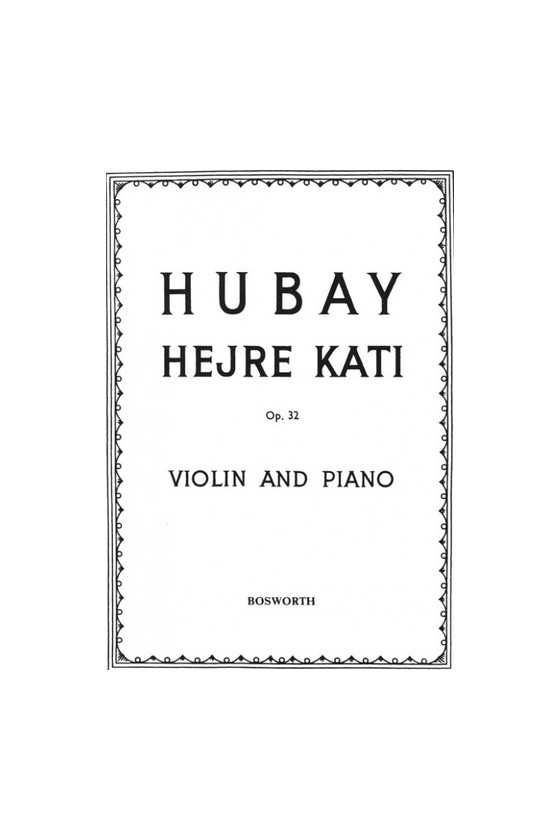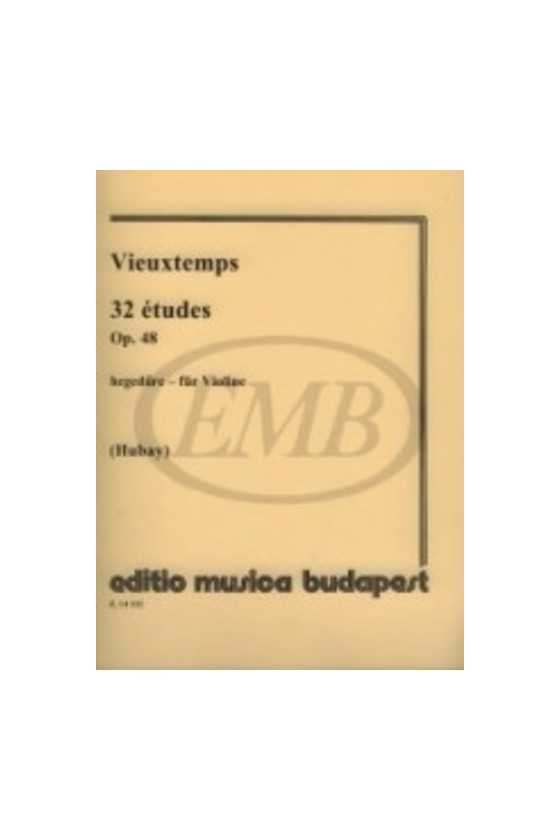-
MenuBack
-
Instruments
-
-
Strings
-
-
Violin Strings
-
Violin Strings A-G
- Alphayue Violin Strings by Thomastik-Infeld
- Amber Violin Strings by Warchal
- Ametyst Violin Strings by Warchal
- Ascente Violin Strings by D'Addario
- Aurora Violin Strings by Larsen
- Brilliant Violin Strings by Warchal
- Brilliant Vintage Violin Strings by Warchal
- Chromcor Violin Strings by Pirastro
- Dominant Violin Strings by Thomastik-Infeld
- Dominant Pro Violin Strings
- Dynamo Violin Strings by Thomastik-Infeld
- Eudoxa Violin Strings by Pirastro
- Evah Pirazzi Violin Strings by Pirastro
- Evah Pirazzi Gold Violin by Pirastro
- Goldbrokat Violin E Strings
-
Violin Strings H-O
- Helicore Violin Strings by D'Addario
- Hill Violin E String by W. E. Hill & Sons
- Infeld Blue Violin Strings
- Infeld Red Violin Strings
- Jargar Violin Strings
- Kaplan Violin Strings by D'Addario
- Karneol Violin Strings by Warchal
- Larsen Violin Strings
- Maestro Violin Strings
- Obligato Violin Strings
- Oliv Violin Strings
- Opal Titan Violin Strings
- Violin Strings P-Q
- Violin Strings R-Z
-
Violin Strings A-G
-
-
-
Viola Strings
- Viola Strings A-O
- Viola Strings P-Z
-
-
-
Cello Strings
-
Cello Strings A-E
- Alphayue Cello Strings
- Aurora Cello Strings by Larsen
- Chorda Cello Strings
- Chromcor Cello Strings
- Clarendon Gold Strings for Cello
- Corelli Cello Strings
- Dominant Cello Strings
- Eudoxa Cello Strings
- Evah Pirazzi Cello Strings
- Helicore Cello Strings
- Jargar Cello Strings
- Kaplan Cello Strings
- Larsen Cello Strings
- Lenzner Cello Strings
- Maestro Cello Strings
- NS Design Electric Cello Strings
- Obligato Cello Strings
- Opal Titan Cello Strings
- Cello Strings H-P
- Cello Strings Q-Z
-
Cello Strings A-E
-
-
-
Double Bass Strings
-
Double Bass Strings
- Belcanto Double Bass Strings
- Dominant Double Bass Strings
- Eudoxa Double Bass Strings
- Evah Pirazzi Double Bass Strings
- Helicore Double Bass Strings
- Kaplan Double Bass Strings
- Maestro Double Bass Strings
- NS Electric Double Bass Strings
- Obligato Double Bass Strings
- Perpetual Double Bass Strings by Pirastro
- Precision Double Bass Strings
- Prelude Double Bass Strings
- Spirocore Double Bass Strings
- Superflexible Bass Strings
-
Double Bass Strings
-
-
-
Bows
-
-
Cases
-
-
Accessories
-
-
Learn - All Grades
-
-
-
-
-
Beginner Methods A-N
- Abracadabra
- Adventures in Violinland
- The ABC's books
- All for Strings
- Artistry in Strings
- A Tune A Day
- Blackwell Books
- Colour Strings Books
- Edward Huws Jones
- Encore On Strings
- Essential Elements
- Flying Start for Strings
- L Fin Beginning Ensemble Series
- Katherine and Hugh Colledge
- Mary Cohen Books
- My First Pieces & My Next Pieces
- Nelson Books
- New Directions for Strings
-
-
-
-
Perform
-
-
Violin Sheet Music
-
Composers Violin A-C
- Accolay, Jean Baptiste
- Achron, Joseph Yulyevich
- Albinoni, Tomaso
- Arne, Thomas Augustine
- Bach, Johann Sebastian
- Beethoven, Ludwig van
- Bloch, Ernest
- Beriot, Charles Auguste De
- Brahms, Johannes
- Bridge, Frank
- Bruch, Max
- Carse, Adam
- Campagnoli, Bartolomeo
- Cerulli, Bob
- Chausson, Ernest
- Chopin, Frédéric François
- Copland, Aaron
- Corelli, Arcangelo
- Corigliano, John
-
Composers Violin D-G
- Dancla, Charles
- Debussy, Claude
- Delius, Frederick
- De Falla, Manuel
- Dinicu, Grigoraș Ionică
- Doflein, Elma
- Drdla, Franz
- Dvorak, Antonin
- Eccles, Henri
- Edwards, Ross
- Elgar, Edward
- Faure, Gabriel
- Finzi, Gerald
- Fiocco, Joseph Hector
- Franck, César-Auguste
- Gade, Jacob
- Guareschi, Giovannino
- Giazotto, Remo
- Górecki, Henryk
- Glazunov, Alexander
- Composers Violin H-K
- Composers Violin L-M
-
Composers Violin N-T
- Perlman, Itzhak
- Paganini, Niccolò
- Power, James
- Prokofiev, Sergei
- Rachmaninoff, Sergei
- Ravel, Maurice
- Rieding, Oskar
- Rimsky-Korsakov, Nikolai
- Rode, Jacques Pierre Joseph
- Saint-Saens, Camille
- Sarasate, Pablo de
- Schumann, Robert
- Schubert, Franz
- Schradieck, Henry
- Seitz, Friedrich
- Shostakovich, Dmitri
- Sibelius, Jean
- Smetana, Bedrich
- Spohr, Louis
- Solos for Young Violinists
- Strauss, Richard
- Stravinsky, Igor
- Suk , Josef
- Szelenyi, Istvan
- Szymanowski, Karol
- Tartini, Giuseppe
- Tchaikovsky, Pyotr Ilyich
- Telemann, Georg Philipp
- Piazzolla, Astor
- Composers Violin U-Z
- Popular Violin Sheet Music
- Other Violin Sheet Music
-
Composers Violin A-C
-
-
-
Viola Sheet Music
-
Composers Viola A-C
- Accolay, Jean-Baptiste
- Anderson, Kenneth
- Bach, Johann Christian
- Bach, Carl Philipp Emanuel
- Bach, Johann Sebastian
- Bartók, Béla
- Bax, Arnold
- Beethoven, Ludwig van
- Bériot, Charles Auguste de
- Biber, Heinrich Ignaz Franz
- Bloch, Ernest
- Boccherini, Luigi
- Böhm, Karlheinz
- Bohm, Theobald
- Bowen, York
- Brahms, Johannes
- Bridge, Frank
- Britten, Benjamin
- Bruch, Max Felix
- Butterworth, Arthur
- Carter, Elliott
- Clarke, Rebecca
- Corelli, Arcangelo
- Corrette, Michel
-
Composers Viola D-G
- Dale, Benjamin
- Dean, Brett
- Debussy, Claude
- Dittersdorf, Carl Ditters von
- Dodgson, Stephen
- Dounis, Demetrius Constantine
- Dvořák, Antonín
- Eccles, Henry
- Elgar, Edward
- Eliot, Norton, Charles
- Enesco, Georges
- Fauré, Gabriel
- Fiocco, Joseph-Hector
- Forbes, Watson
- Franck, Cesar
- Francoeur, François
- Fuchs, Lillian
- Gershwin, George
- Glazunov, Alexander
- Glinka, Mikhail
- Granados, Enrique
-
Composers Viola H-K
- Handel, George Frideric
- Handoshkin, Ivan Evstafeivich
- Haydn, Joseph
- Hindemith, Paul
- Hoffmeister, Franz Anton
- Hovhaness, Alan
- Hubay, Jenő
- Hyde, Miriam Beatrice
- Jacob, Gordon
- Joachim, Joseph
- Jones, Matthew
- Kalliwoda, Johann Wenzel
- Kayser, Heinrich Ernst
- Kreisler, Fritz
- Kreutzer, Rodolphe
- Küchler, Ferdinand
- Jenkinson, Ezra
- Composers Viola L-M
-
Composers Viola N-R
- Pachelbel, Johann
- Nyman, Michael
- Onslow, George
- Paganini, Niccolò
- Pergolesi, Giovanni Battista
- Piatigorsky, Gregor
- Piazzolla, Astor
- Prokofiev, Sergei
- Puccini, Giacomo
- Purcell, Henry
- Rachmaninoff, Sergei
- Ravel, Maurice
- Reger, Max
- Reinecke, Carl
- Richardson, Alan
- Rieding, Oskar
- Rimsky-Korsakov, Nikolai Andreyevich
- Rivier, Jean
- Rode, Jacques Pierre Joseph
- Composers Viola S-T
- Composers Viola U-Z
- Popular Viola Sheet Music
- Other Viola Sheet Music
-
Composers Viola A-C
-
-
-
Cello Sheet Music
-
Composers Cello A-C
- Andriessen, Louis
- Bach, Johann Sebastian
- Bantock, Granville
- Bartók, Béla
- Beethoven, Ludwig van
- Bloch, Ernest
- Boccherini, Luigi
- Boëllmann, Léon
- Brahms, Johannes
- Bréval, Jean-Baptiste
- Bridge, Frank
- Britten, Benjamin
- Bruch, Max
- Caix d'Hervelois, Louis de
- Carse, Adam
- Cassadó, Gaspar
- Cirri, Giovanni Battista
- Clarke, Rebecca
-
Composers Cello D-G
- Dare, Marie
- Davydov, Karl
- Debussy, Claude Achille
- Fesch, Willem de
- Dvorak, Antonin Leopold
- Eccles, Henry
- Elgar, Sir Edward
- Falla, Manuel de
- Faure, Gabriel-Urbain
- Ferguson, Howard
- Feuillard, Louis
- Foss, Lukas
- Franchomme, Auguste
- Francoeur, François
- Gabrieli, Giovanni
- Galliard, Johann Ernst
- Glazunov, Alexander
- Goens, Daniël van
- Goltermann, Georg
- Guymer, Ingrid
- Granados, Enrique
- Gounod, Charles François
- Composers Cello H-K
- Composers Cello L-M
- Composers Cello N-R
-
Composers Cello S-T
- Saint-Saëns, Camille
- Sammartini, Giuseppe
- Sassmannshaus, Kurt
- Schubert, Franz
- Schumann, Robert Alexander
- Sculthorpe, Peter
- Senaillé, Jean Baptiste
- Shostakovich, Dmitri
- Sibelius, Jean
- Squire, William Henry
- Strauss, Richard
- Stravinsky, Igor
- Tartini, Giuseppe
- Tchaikovsky, Pyotr Ilyich
- Telemann, Georg Philipp
- Trowell, Arnold
- Composers Cello U-Z
- Popular Cello Sheet Music
- Other Cello Sheet Music
-
Composers Cello A-C
-
-
-
-
Play Together
-
Hubay, Jeno
Jeno Hubay (15 September 1858 – 12 March 1937), a well-known Hungarian violinist, pedagogue, and composer, started his violin studies with his father, Karoly Huber (1828-1885), leader and conductor of the National Theatre Orchestra and violin professor at the National Conservatorium. Jeno made his public appearance at 11 when he performed a concerto. From the autumn of 1873, he continued his studies in Berlin with Joseph Joachim, the most renowned violin instructor of the time. He ended his studies in the spring of 1876 and moved to Hungary. He became acquainted with Franz Liszt, and they played the 12th Rhapsody and L.v. Beethoven's Kreutzer Sonata together several times. On the recommendation of F. Liszt, Jeno Hubay moved to Paris in May 1878 and rapidly became a favorite guest in the city's musical salons. He went on to do popular concert tours in France, England, Belgium, the Netherlands, and Hungary during the next several years. He encountered Henri Vieuxtemps shortly after landing in Paris, who saw a continuation of his artistry in the young Hungarian and taught him for a while. Vieuxtemps recommended Hubay for the role of Professor of Violin at the Brussels Conservatoire, where he and Wieniawski had previously occupied. Hubay was named to one of Europe's most prominent musical roles by the Belgian King on February 8, 1882. He created a string quartet while in Brussels.
Jeno Hubay stayed for four and a half years, moving to Hungary in the summer of 1886 at the invitation of the Minister of Education to take over as director of the violin school at the Budapest Academy of Music (succeeding his father). He settled in Budapest and swapped his life as a wandering virtuoso for that of a musician and an influential figure in Hungary's musical life. He was the Director of the Budapest Academy of Music from 1919 to 1934. He founded one of the world's foremost violin schools here. Stefi Geyer (Béla Bartók's first love, to whom he dedicated his first violin concerto), Ferenc Vecsey, and József Szigeti were among the first exceptional talents to emerge at the turn of the century, followed by Emil Telmanyi, Eddy Brown, Jelly d'Aranyi (Joachim's niece who was popular in England and France and collaborated on Maurice Ravel's Tzigan Hubay founded the renowned Hubay String Quartet in Budapest with cellist David Popper, a fellow cellist at the College. Similarly, Hubay's department generated a long line of string quartets, including the Waldbauer-Kerpely, Hauser-Son, Lener, Roth, and Vegh. He has played chamber music with Brahms on many occasions, including the world premiere of Johannes Brahms' Piano Trio Op. 101. Jeno Hubay wrote four concertos as well as a significant number of encores. His concertos contain themes from Hungarian Gypsy songs, and his "gentle breeze" pieces are written in the spirit of German romantics such as Felix Mendelssohn and Robert Schumann, with elements of his chamber music collaborator, cellist David Popper's compositional style. Several operas, including The Venus of Milo, The Violin-Maker of Cremona, The Mask, and Anna Karenina after Leo Tolstoy, are among his works. The Venus of Milo's opening is built on whole-tone scales and archaisms, which might be intended to reflect an ancient atmosphere. He was the editor of Kreutzer's (1898) violin études, as well as Rode's, Mayseder's, and Saint Lubin's (1910).

3 products.
Vieuxtemps 32 Etudes Op. 48 For Violin Ed. Hubay (EMB)
Vieuxtemps 32 Etudes Op. 48 for Violin ed. Hubay (EMB)
Boxed:
Sticky Header:
Sticky Add To Cart
Sticky Footer:
Font:



